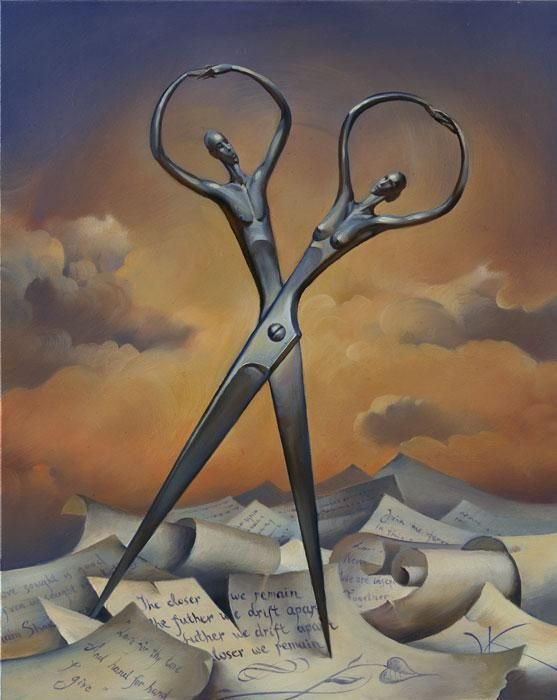
A painting by Valdimir Kush
In the beginning more focus was laid in trying to reach out people and propagate religion, art
was the best medium, and now with the change in the society with the incoming of various
new technology like television ,the motives and priorities of art have changed too. According
to the theory of Marx until and unless the proletariat class will not identify their rights there
will be no gains and change in the society, he says “In a formation of the class with radical
chains , a sphere of society having a universal character because of its universal suffering ...
a sphere, in short, that is the complete loss of humanity and can only redeem itself through
the total redemption of humanity. This dissolution of society as a particular class is the
proletariat”. He further concludes by replacing the proletariat within a framework of a
transformed Hegelian philosophy “As philosophy finds its material weapons in the
proletariat, the preliterate finds its intellectual weapons in philosophy”.
Marx concentrated more on the fact that any art produced anywhere is a response to the social
conditions a reflection to the society. He comments how the elite art market the social
condition and the political environment effected the production of art. He propounded his
theory on the basic of two main elements namely the base structure includes the economy and
finance and the superstructure contains the entertainment, art, culture and customs. In all
societies art expresses the current social situations. According to him art cannot act
independently outside the circle of the society. He thus posed an opposition to the theory of
formalism which basically acted on the fact that art should be viewed keeping it apart from
the society. He believed that art should bring about a change, thus supporting the mankind.
The formalist did not keep in mind the mental situation of the artist. He acclaimed that art
also suffers the consequences of the capitalist market.
-Akanksha Khanna